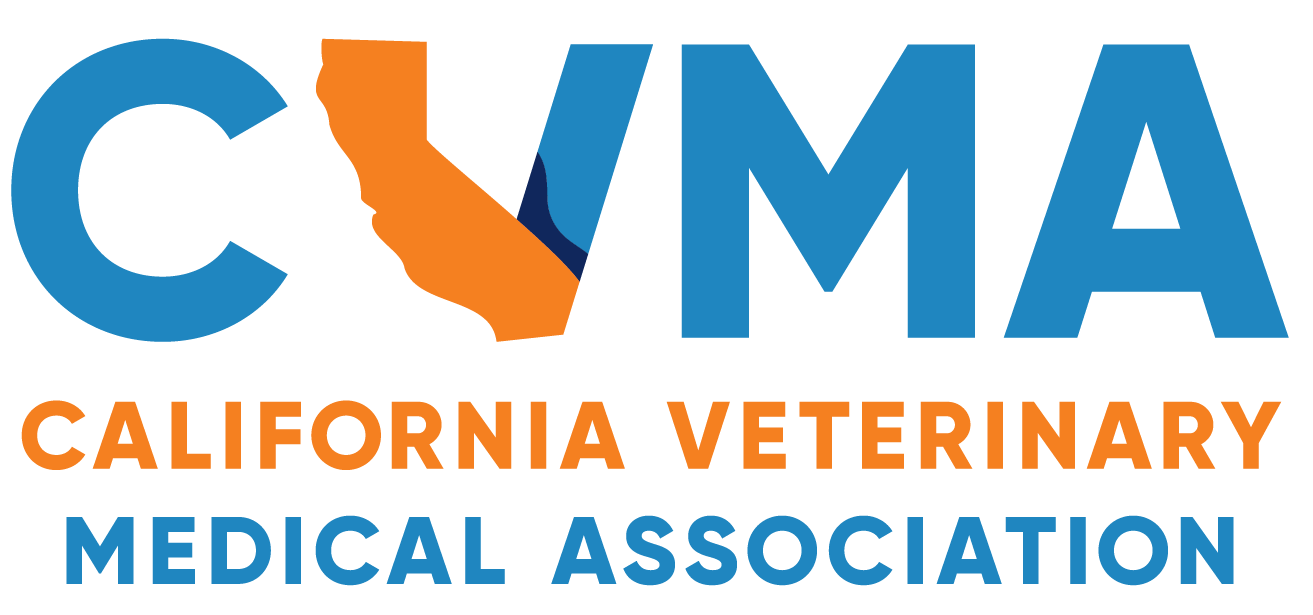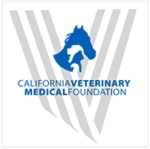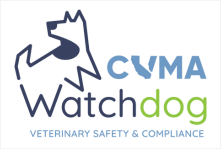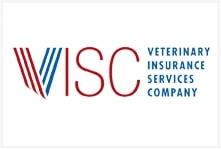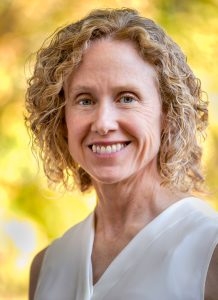This article was originally printed in the November/December 2022 issue of the California Veterinarian magazine.
The line at the Knights Landing One Health Clinic check-in table is five-folks deep. Maria* and her dog Trixie are next in line. Maria explains she’s been trying to get into our clinic for several months with Trixie but has been unsuccessful, so she thought she would try to see if she could walk in. She’s desperate to get Trixie spayed before she has any more heat cycles or unwanted pregnancies.
One hour later, Trixie’s medical team—made up of a DVM student, a pre-vet student, and a volunteer veterinarian—worked to provide a full physical exam, collect and run a tableside heartworm test, administer Trixie’s rabies, leptospirosis, and distemper, adenovirus, and parvovirus vaccines, and send her home with parasite preventatives.
While the veterinary team was working with Maria and Trixie, Maria’s young son joined the group at the exam table. Conversations started up with the nursing student, who was also part of the care team. While Maria waited for Trixie’s heartworm medication and flea and tick preventatives to be filled, she mentioned to the nursing team that her son has early onset hypertension and she has not been able to acquire a blood pressure cuff his size to help monitor his medical condition at home.
The nursing team has cuffs to share, so they fit him with an appropriately sized cuff and explain to Maria how to use it at home. Before leaving for the day, Maria gets Trixie on the spay/neuter list through UC Davis’ Community Surgery service, and the veterinary students go over that process. They explain that they will happily shuttle Trixie back and forth from Knights Landing to the William R. Pritchard Veterinary Medical Teaching Hospital (VMTH) for her big day.
All of this happened before 10:00 AM on a hot Sunday morning in the rural town of Knights Landing, California. The team of veterinary and nursing students set up the makeshift medical clinic in a hunting lodge in the center of this small town. Knights Landing is located in a veterinary care desert, where there are no veterinarians or human medical clinics in town and only one bus—which doesn’t allow pets—runs per day to the neighboring town of Woodland. That means no access to health care for families who don’t own a car.
One solution: a team of over 60 students from UC Davis Weill School of Veterinary Medicine prepares for weeks, trucks in supplies, partners with undergraduates who can translate, and sets up in all sorts of weather to help this community. Corporate partners and philanthropists also chip in to donate supplies and provide financial support. The Betty Irene Moore School of Nursing collaborates to provide human health services, and the UC Davis Weill School of Medicine also supports the mission with a human health clinic five blocks down the road.
The goal is to break down barriers to care and empower families to have choices about their own medical care and care options for their pet—to listen, share information, and create a warm and inclusive environment for health care for the whole family, no matter their primary language, immigration status, skin color, or financial situation.
This case is one of hundreds of which I’ve been lucky enough to be a part of since starting a One Health Clinic in Delaware in 2017. The Delaware clinic was also created in a care desert, but it was in an urban location where clients also faced many barriers to care. In fact, I modeled One Health Delaware off of Knights Landing One Health Clinic when I discovered Knights Landing during my research and development process.
Perhaps you’ve read several articles about Diversity, Equity, and Inclusion (DEI), or you’ve become more aware of the variety of barriers to care by reading Dr. Michael Blackwell’s most recent article in the California Veterinarian, but this is what Access to Care really looks like in action.
The Centers for Disease Control and Prevention (CDC) state that “differences in social determinants of health contribute to the stark and persistent chronic disease disparities in the United States among racial, ethnic, and socioeconomic groups, systematically limiting opportunities for members of some groups to be healthy” (Braveman 2011, 2014).
Awareness of this social justice issue in human medicine and how that translates to veterinary medicine is an important connection, especially when PetSmart Charities estimates that 50 million pets in the U.S. do not receive veterinary care due to a variety of barriers to care.
It’s exciting that creative solutions are out there and both DEI and Access to Care principles are receiving local, regional, and national attention. Collaborations are growing across human and veterinary health educators as well as corporate partners, sheltering organizations, and public policymakers.
I encourage you to take a small step to explore this amazing field in our profession, push out of your comfort zone with study and self-reflection related to DEI and implicit bias, then jump in where you can. All of the outreach clinics at UC Davis need volunteer veterinarians and technicians. We welcome new graduates, seasoned practitioners, and everyone in between. Come for an hour or stay the whole day and enjoy the opportunity to renew your passion for helping others in need. If you’re interested, please feel free to contact me at kkjankowski@ucdavis.edu.
*All names have been changed for privacy purposes.
Kristin Jankowski, VMD, CCRP is a Health Sciences Assistant Clinical Professor of Small Animal Community Practice and the Access to Care Service Chief at UC Davis Veterinary Medical Teaching Hospital. She is also an affiliated faculty member of the UC Davis One Health Institute, the Faculty Director for the Knights Landing One Health Clinic, and a Faculty Co-Leader for Davis Pet Advocacy and Wellness Clinic. She graduated in 1994 with her DVM degree from the University of Pennsylvania School of Veterinary Medicine, completed her certification in canine rehabilitation through the University of Tennessee in 2014, and completed the Purdue University certificate program for Diversity and Inclusion in Veterinary Medicine in 2021.
